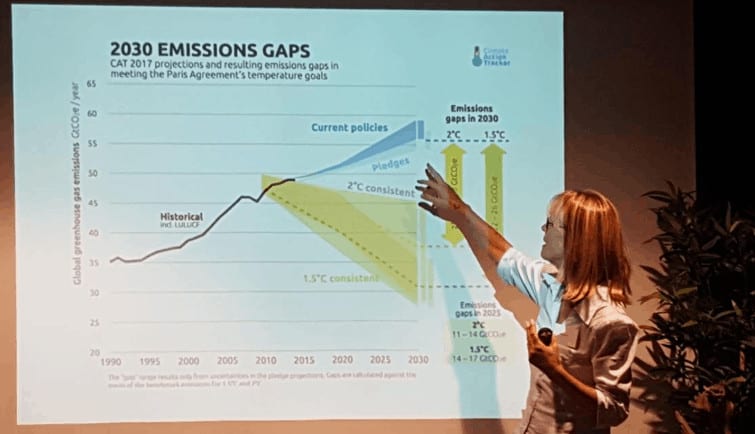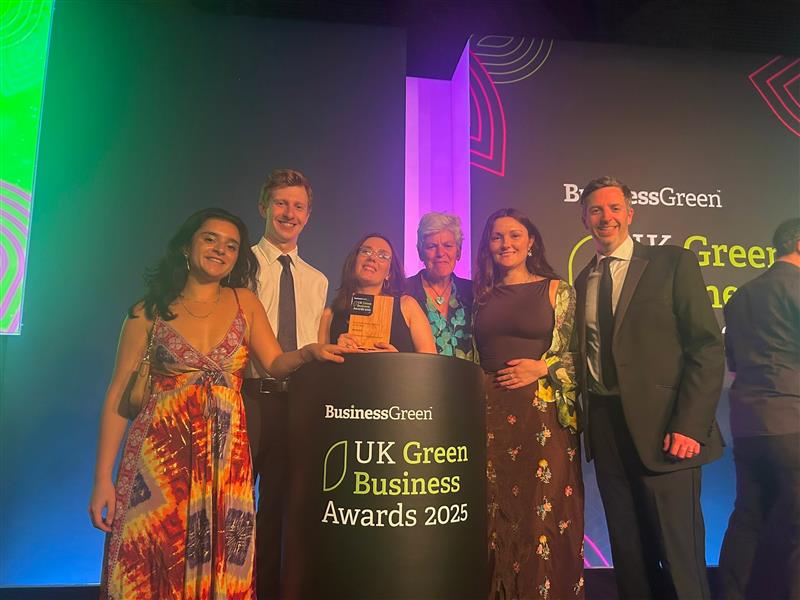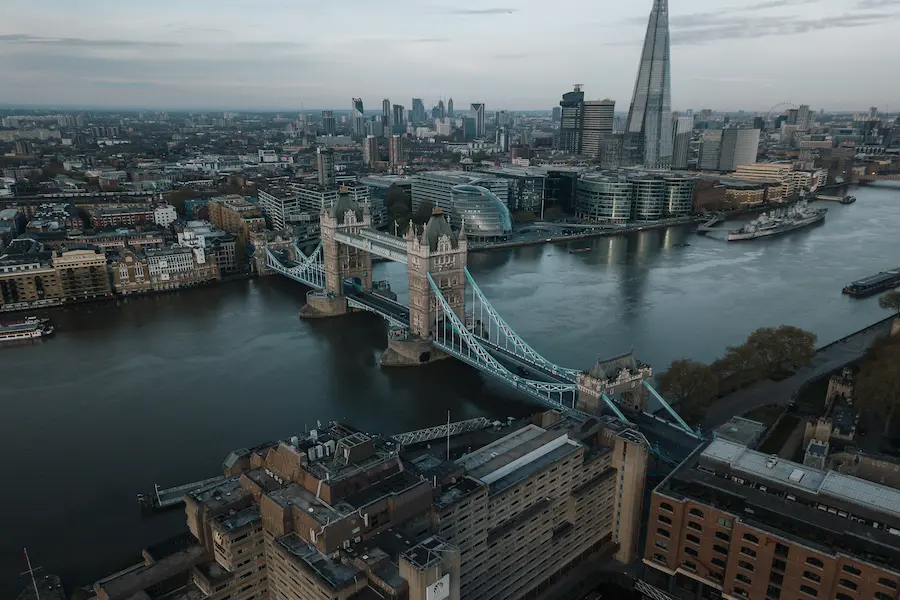Guest blog: the road to zero points South West

By Katherine Piper, Low Carbon South West
It is no secret that Bristol is bursting with decarbonisation initiatives. Last week we breakfasted with Greenhouse PR and many other sustainability leaders at our event: The Journey to Carbon Neutrality. Researcher Nikki Jones and Bristol City Council’s James Sterling took to the stage.
Nikki gave us the big picture, warning that globally anthropogenic CO2 emissions are rising by 2-3ppm (parts per million) per year, and we’ve peaked this year at over 412ppm. She stressed that with 450ppm being considered commensurate with a 2°C rise in global temperatures, urgent action is needed. Indeed, the UN has said we have 1-2 years to stay below 1.5°C and only 5-10 years to make the decisions to stay below 2°C. Nikki went on to outline the impacts of a warming world, with predictions of 15-35cm sea level rise by 2050 and the UK already experiencing 2-5 extreme/unusual weather events a year.
Nikki also discussed the issues associated with carbon accounting. Electricity generated by fossil fuels, for example, is extremely wasteful with huge losses associated with its extraction, conversion and transportation. Shipping and aviation emissions are not even included in a country’s emissions figures. And although it appears that UK fossil fuel energy consumption, particularly coal, is on the decline, one needs to bear in mind the shifting of UK carbon emissions overseas by the many products that are now imported into the country. See Nikki’s slides here.
Low Carbon South West then welcomed James Sterling from Bristol City Council’s Energy Service to present the city’s carbon reduction achievements and future aspirations.
Bristol was crowned GLOMO Smart City in 2018 and European Green Capital in 2015. It has delivered over £50m of low-carbon energy since 2012, and Bristol is the only local authority in the country to own large-scale wind turbines, as well as investing £5m in solar PV on council sites, £2m in biomass boilers and £5m in heat networks. The city also has one of the only municipally-owned energy companies in the UK, Bristol Energy, which generates 60% of its electricity from renewable sources. All of these initiatives are aiding the mayor’s commitment towards the city being carbon neutral by 2050.
The local authority has an ambition of delivering up to £1bn of low carbon, smart energy infrastructure in Bristol over the next 10 years and is calling for local, national and international partners to help deliver this ambition. The City Leap Prospectus identifies the opportunities available to business and James spoke in some detail about opportunities associated with heat networks, smart energy systems, renewable energy and energy efficiency.
James encouraged attendees to support the council’s future energy projects by expressing an interest in its City Leap Programme. The expression of interest window is open until 31 August 2018.See James’ slides here.
We would like to offer sincere thanks to the speakers for their in-depth and enlightening presentations, and a huge thank you to all attendees.
To find out more about Low Carbon South West membership, click here.



